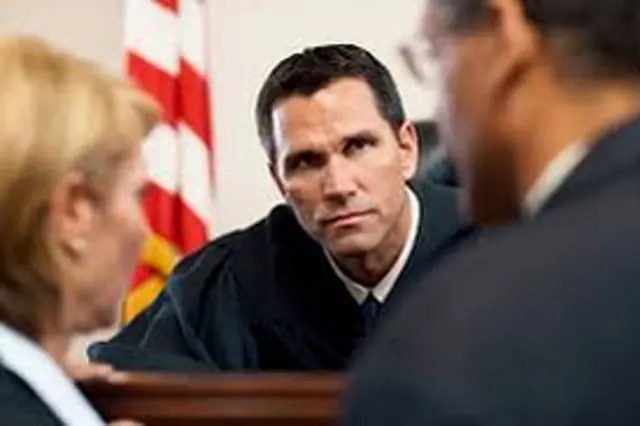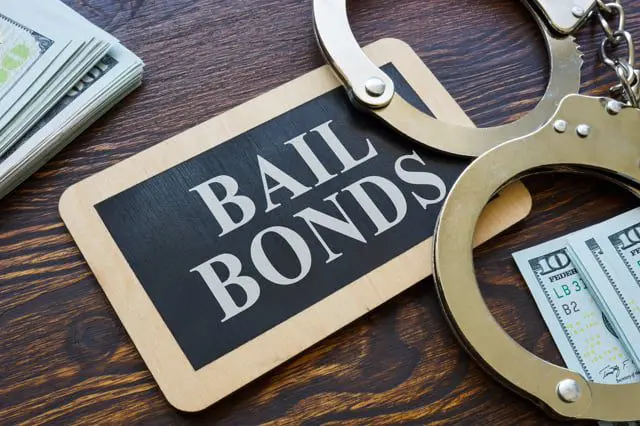Probation Hold
Understanding Probation Hold: Legal Insights and Guidelines
Probation hold, a critical aspect of the criminal justice system, involves temporarily suspending a probationer’s freedom due to alleged violations of probation conditions or new criminal activity. This mechanism ensures compliance with probation terms and protects public safety.
The initiation of a probation hold typically occurs when a probation officer has reason to believe that a probationer has violated the terms of their probation. This can include failing to meet with the probation officer, not completing court-ordered programs, or being involved in new criminal activities.
Understanding the legal process surrounding a probation hold is crucial. Once a hold is placed, the probationer may be taken into custody, and a probation violation hearing is usually scheduled. During this hearing, the probationer has the right to legal representation and the opportunity to contest the alleged violations.
One of the key aspects of navigating a probation hold is understanding the rights of the probationer. This includes the right to receive written notice of the claimed violations, the right to present evidence, and the right to cross-examine witnesses. Legal professionals play a pivotal role in ensuring these rights are upheld and that the probationer receives a fair hearing.
The outcomes of a probation violation hearing can vary. If the violations are proven, the court may modify the probation terms, extend the probation period, or in severe cases, revoke probation and impose a jail or prison sentence. The defense’s role is to mitigate these outcomes, often by demonstrating the probationer’s efforts towards rehabilitation or challenging the validity of the alleged violations.
Probation holds also have broader implications. They reflect the balance between rehabilitation and punishment in the criminal justice system and raise questions about the effectiveness of probation as a tool for reducing recidivism. Legal professionals and policymakers continuously evaluate the probation system to ensure it is fair, effective, and serves the interests of justice.
Moreover, the impact of a probation hold extends beyond the legal proceedings. It can affect the probationer’s employment, family life, and overall well-being. Therefore, legal counsel and support during this process are vital in minimizing the hold’s adverse effects on the probationer’s life.
In conclusion, probation hold is a complex element of criminal law, involving legal, ethical, and societal dimensions. It requires careful navigation of the legal process, a clear understanding of the probationer’s rights, and strategic legal representation. As legal practitioners navigate these challenges, their role in advocating for fair treatment and effective rehabilitation remains crucial.



